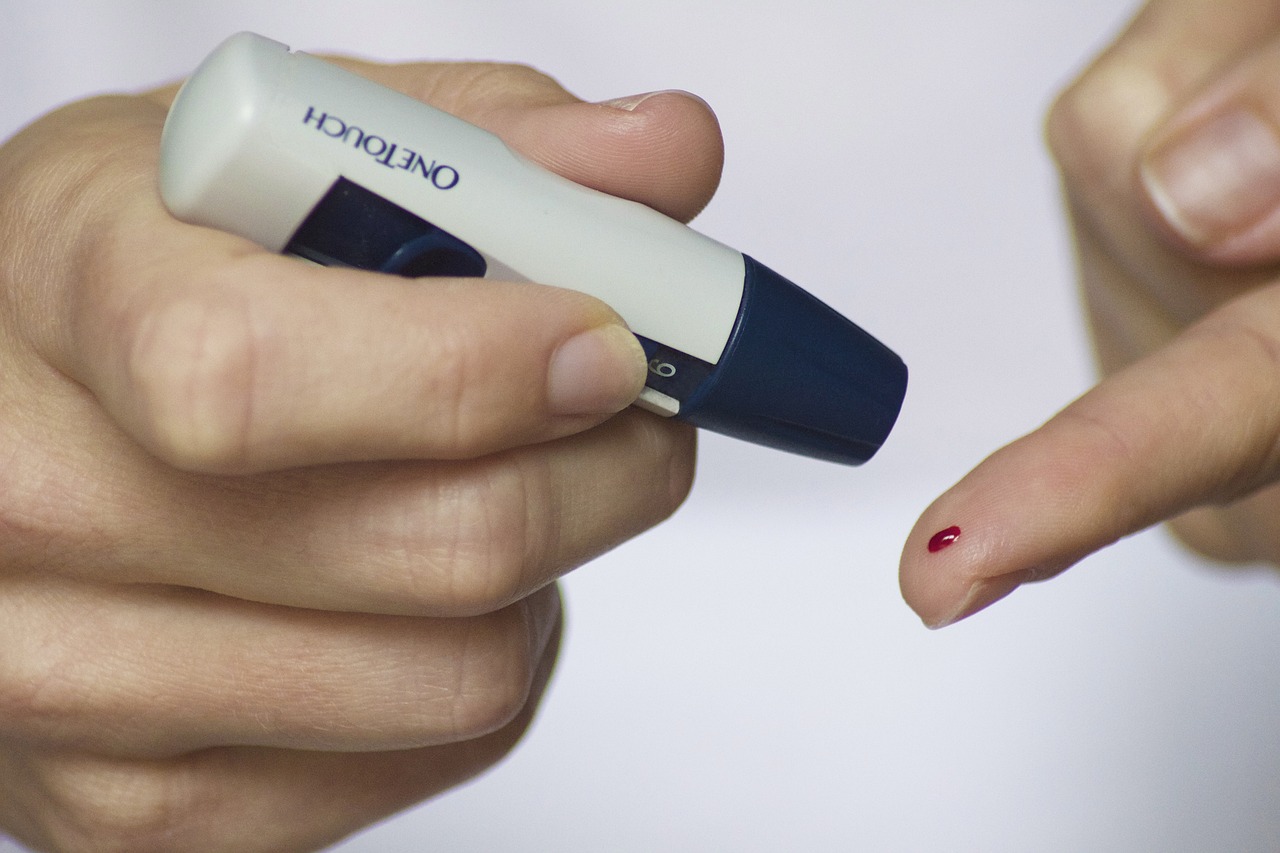All multitransfused patients face postponements or transfusions with a smaller amount of blood due to blood shortages. An appeal to voluntary blood donors to visit blood donation units was made by the National Blood Donation Centre (EKEA).
August is always a problematic month, mainly because of the holidays. Although this year, voluntary blood collection is at a higher level compared to previous years, it is still not enough for all the country’s patients.
Meanwhile, the regularity of blood donation is further disrupted by the West Nile virus infection, with many parts of the country dealing with infected mosquitoes and cases of infection.
“For another summer, all multitransfused patients are faced with blood shortages, especially in the hospitals of Athens and the wider [Attica] region,” said the Hellenic Thalassemia Federation in its announcement.
“For those suffering from Thalassemia and Sickle Cell Disease, blood transfusion is their only treatment, and in the summer, they face blood shortages more acutely than any other season.
“These days, thalassemia patients do not receive the necessary amounts of blood required, as a result of which their scheduled transfusions are postponed.”
The number of thalamusemia patients in Greece is estimated at 4,500. Of these, approximately 2,500 are polytransfused, with 1,500 concentrated in Athens.
According to the Federation President, Mr Andreas Livanos, it is a positive fact that this year, with the ongoing central management of blood by the EKEA, the shortages appeared in August, while in other years, they started in May.
Nevertheless, postponements and delays are still occurring.
According to Ygeia Mou, the “Laiko” hospital is postponing transfusions, while at the “Agia Sophia” Children’s Hospital, patients are transfused with one bottle instead of two.
Postponements are also recorded in the anaemia unit at the University Hospital of Rio. Postponements naturally impact patients’ health, as they may face long-term complications.
“This period is dominated by serious cases, such as surgeries, bleeding, cases of leukaemia, transplants, as a result of which patients with chronic diseases are affected,” the president of EKEA, Mr Panagiotis Katsivelas, notes to Ygeia Mou.
“In the coming days, we must turn the tide and create local reserves,” adds Mr. Katsivelas.
He emphasises that 2024 is a much better year than the previous ones in terms of blood donation. Indicatively, July finished with 3,700 more blood units than last year’s corresponding month.
Even in August, on some days, there were more blood donations than during the same period last year.
The West Nile virus problem
The West Nile virus problem adds to the limited blood supplies currently available. There are already 51 affected areas, which means that the local health authorities must take measures to protect the blood they collect.
According to the Hellenic National Public Health Organisation (EODY), blood donation units in the affected regions of Greece must urge blood donors.
If they develop fever or any of the other clinical symptoms of West Nile virus infection within 15 days of donating blood, they must inform the service to which they donated blood, regardless of the region.
